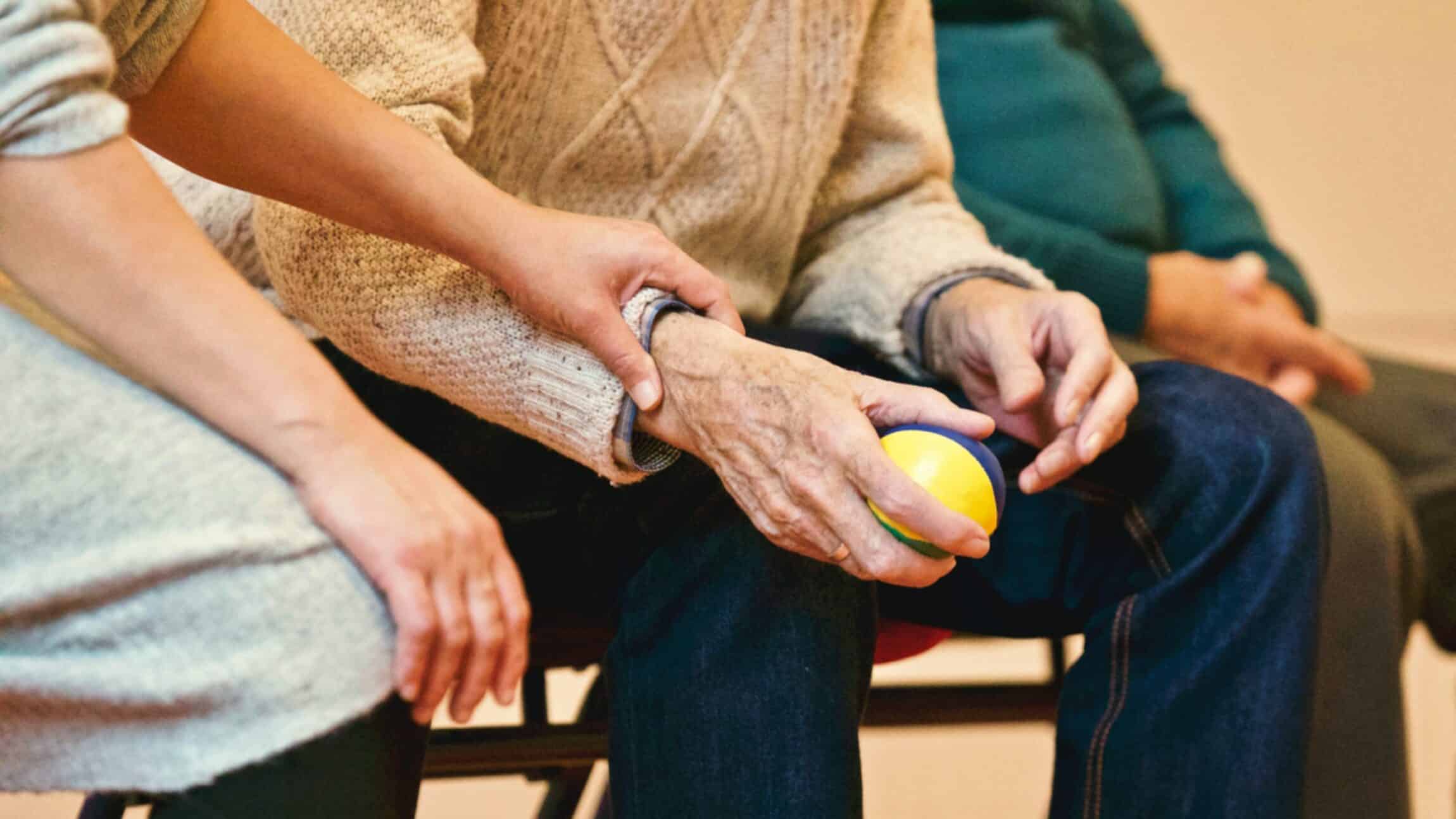
With so many eye-catching events constantly headlining the news, it can be hard to keep up with what’s happening in the reverse mortgage world. Unless you are subscribed to reverse mortgage-specific publishers, you may not be exposed to the current events surrounding reverse mortgages.

But that’s why we’re here! We have compiled a few current headlines that we think are important to be aware of, especially if you currently have a reverse mortgage or are looking into beginning one.
To begin this study, let’s go over how reverse mortgages work!
Homeowners who are 62 and older can borrow against the value of their primary residence with what is called a reverse mortgage. Borrowers are left to pay property taxes, general home repairs, and medical expenses they may encounter once the reverse mortgage begins. Reverse mortgages eliminate the need to make fixed monthly payments on your existing mortgage. The loan and the interest on the money that was taken out during the loan are due when the last surviving borrower dies, sells the house, or leaves to enter an assisted living facility–to name a few.

When you apply for a reverse mortgage, you’re required to take the maximum amount you are eligible for, but the money you do not use immediately — such as an untapped portion of a line of credit — sits in a separate account earning interest. Only the money pulled from the account is subject to interest rates, known as the loan balance.
Most reverse mortgages are Home Equity Conversion Mortgages, known as HECM Loans, which are insured by the Federal Housing Administration. The FHA guarantees that a borrower will never owe more than the value of the property when the loan is repaid.
Now that we have reviewed what a reverse mortgage loan entails, let’s dive into some important current events you should know!
Reverse Mortgages Are No Longer Just for Homeowners Short on Cash
Until recently, it was collectively believed that a reverse mortgage was a last-resort option for homeowners of older age that desperately needed cash. But a growing number of reverse mortgage researchers say these loans could be a good option for people earlier in their retirement who are not in need of cash at all.

Nowadays, you don’t necessarily need to be much older to consider beginning a reverse mortgage. Homeowners in their 60s and early 70s can use cash from reverse mortgage proceeds to protect investment portfolios during market downturns or to pay large medical bills. Taking withdrawals from investment accounts during market downturns, especially early in retirement, can be detrimental to the longevity of a portfolio. Instead, a retiree can cover expenses and protect savings by pulling funds from a reverse mortgage when markets drop.
Having peace of mind that their loan will work for them is the reason reverse mortgages are so popular among folks who want the feeling of financial security as they approach their later years. There are many strategies surrounding reverse mortgages that can benefit your specific situation in many ways. For more information on these types of strategies, read Reverse Mortgages: How to Use Reverse Mortgages to Secure Your Retirement. This book dives deeper into the reverse mortgage process and provides an up-to-date understanding of reverse mortgages and how to use them as part of a complete and responsible retirement plan.
What to know about reverse mortgage natural disaster relief
In light of recent events, Hurricane Ian has been described as the deadliest hurricane to strike the state of Florida since at least 1935. Florida has a significant amount of reverse mortgage borrowers because it is one of the most sought-after retirement destinations in the nation for seniors. Because of this, it is important for homeowners in this area to be aware of their relief options during a natural disaster.

To highlight the availability of reverse mortgage relief in areas impacted by natural disasters in the future, Reverse Mortgage Daily took a closer look at the available assistance programs and statements from U.S. government officials in departments including the Department of Housing and Urban Development (HUD), the Consumer Financial Protection Bureau (CFPB) and the Federal Housing Administration (FHA).
The HUD made insurance under its 203(h) and 203(k) programs available to mortgagees, which “provides FHA insurance to disaster victims whose homes were destroyed or damaged to such an extent that reconstruction or replacement is necessary,” and “enables individuals to finance the purchase or refinance of a house along with its repair through a single mortgage.” Natural disasters can be a stressful experience for seniors, which is why having options in the reverse mortgage world for relief is essential. For more information on these relief options, visit the Department of Housing and Urban Development website.
Helping Reverse Mortgage Borrowers Impacted by COVID: A Guide to the HAF Program
When the United States began to catch its breath from the COVID-19 pandemic, federal, state, and local governments moved in to aid homeowners at risk of falling behind on their reverse mortgages.
This year, the federal government rolled out a nearly $10 billion package called the Homeowner Assistance Fund (HAF) designed to provide relief to vulnerable homeowners across the US. This aid included direct payments to households and moratoriums on foreclosures.

The fund aims to prevent mortgage delinquencies and defaults, foreclosure, loss of utilities or home energy services, and displacement of homeowners who have experienced financial hardship since the beginning of the pandemic in January 2020. Due to the effects of the pandemic, HECM borrowers need help in the areas of property taxes, insurance, and homeowners association fees/dues. In states where property taxes are high, paying these taxes is a huge concern for seniors that live on a fixed income.
For more information about reverse mortgage COVID relief, visit the Homeowner Assistance Fund website.
Idaho Reverse Mortgage
Without monthly mortgage payments, you can start spending your money on things you have always wanted. You and your spouse can begin traveling to places you’ve never been, buy new properties, and spend more time with your family!

At Idaho Reverse Mortgages, we are an FHA-approved lender here to help guide you through the reverse mortgage process. Whether it’s establishing a line of credit, understanding the loan agreement, or learning more about the different types of reverse mortgages, we are here to help.
Visit our website today to learn more about if you qualify for a reverse mortgage!